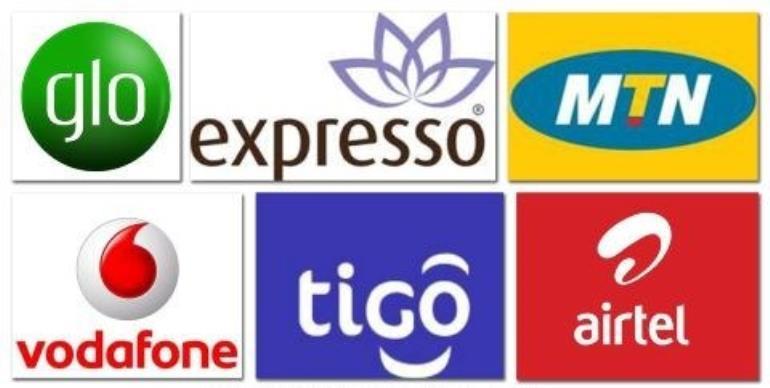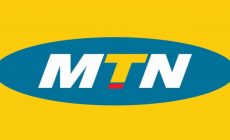NCA releases results of mobile network quality of service
- Posted on
- Comment
 The National Communications Authority (NCA) has published the mobile network Quality of Service (QoS) monitoring results for the first quarter of 2018.
The National Communications Authority (NCA) has published the mobile network Quality of Service (QoS) monitoring results for the first quarter of 2018.
This follows an earlier plan released by the authority to conduct field QoS monitoring in all district capitals in five regions — Ashanti, Eastern,
Greater Accra, Northern and Western.
The other five regions — Central, Brong Ahafo, Volta, Upper East and Upper West — are currently being monitored to cover 96 district capitals and the results will be published in July 2018.
“For the Ashanti Region, the NCA is publishing voice quality monitoring results for only two districts, as the results of the other districts are not yet available.
The authority will release the full voice quality monitoring results of the Ashanti Region in due course,” a statement issued by the NCA said.
It said service attributes monitored included coverage obligations and voice and data quality, as stated in the mobile network operators (MNOs) licence conditions and with specific key performance indicators (KPIs).
According to the statement, all MNOs were 3G licence holders and were required to provide service in all the 216 district capitals and that they were expected to meet and exceed the KPIs stated in their licences.
“It should be noted that the number of districts covered within the five regions totalled 120,” it noted.
Key monitoring highlights
It gave highlights of the number of districts to cover and the districts covered of the various telecommunication networks.
For the number of districts to cover, it indicated that AirtelTigo had 120; Glo, 120; MTN, 120, and Vodafone, 120, but for the number of districts covered, it indicated 112 for AirtelTigo, 40 for Glo, 120 for MTN and 117 for Vodafone.
The statement mentioned the results of voice quality (voice quality and technical parameters), where it explained the voice quality measurement based on mean opinion score (MOS), which is a quality measure used to assess the human user’s
opinion of call quality, testing of quality of voice transmission and measuring voice degradation.
Touching on results of data quality, it said the NCA measured data drop rate, data access success rate and data throughput, which determines
the speed at which consumers are able to use data services.
Responses from the MNOs
According to the statement, the results of the QoS monitoring were shared with all the MNOs and the NCA engaged them to determine reasons for their performance in areas where they were unable to meet their KPIs and the operators were given the opportunity to explain why they were unable to meet the required KPIs.
While AirtelTigo, therecently merged network, informed the NCA that multiple fibre cuts were the main challenges which disrupted service and
sometimes hindered it from meeting the KPIs, Glo took note of coverage issues which would require new sites to improve coverage, especially in new developing areas, and gave an assurance to work to address them.
For MTN, it said the network operator indicated that its three main challenges had to do with site acquisition, fibre cuts and permitting challenges and in a few instances reported neighbourhood agitation with regard to sites under construction.
Concerning Vodafone, it said the network operator indicated its preparedness to make the necessary improvement in problem areas identified in the QoS drive test.
The Director General of the NCA, Mr Joe Anokye, said the MNOs had a great responsibility to meet the expectations of their customers and their licence conditions and therefore served notice to conduct another QoS monitoring in the same regions after a three month period to determine if the situation had been resolved or improved.
-Graphic










 (Selorm) |
(Selorm) |  (Nana Kwesi)
(Nana Kwesi)